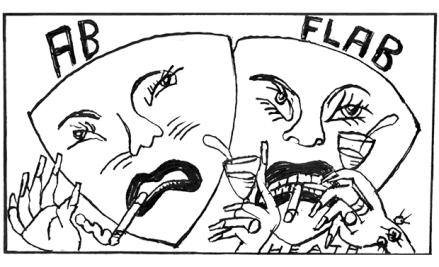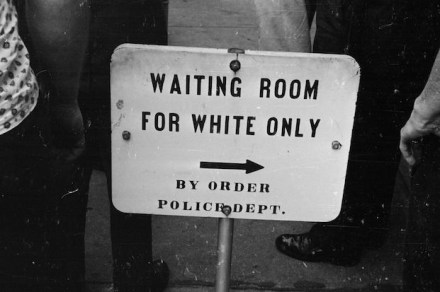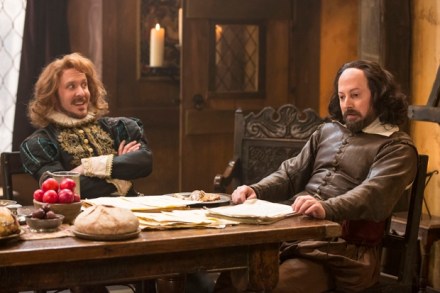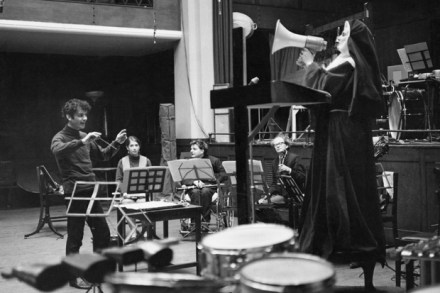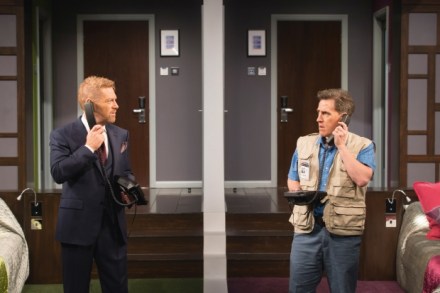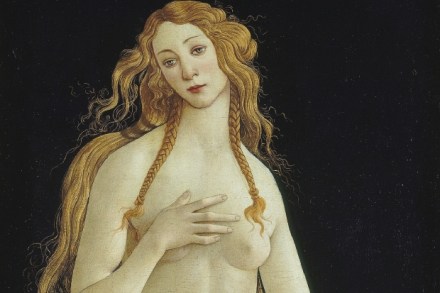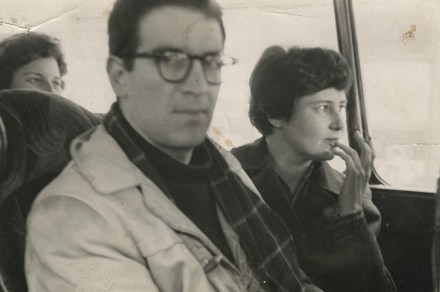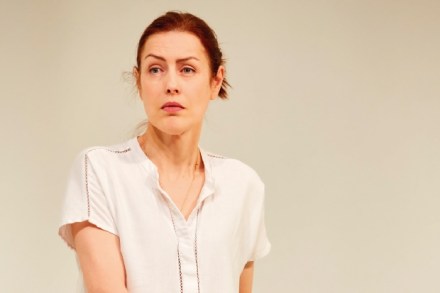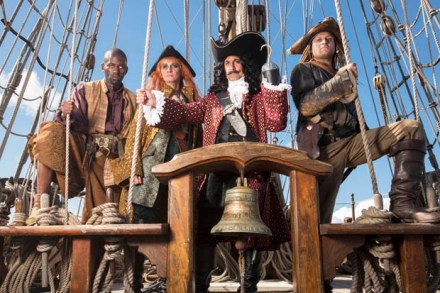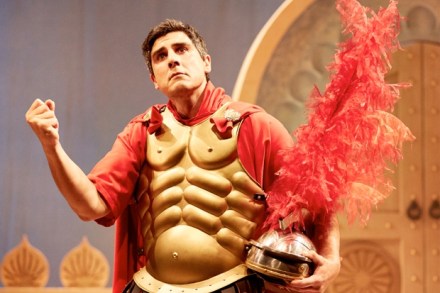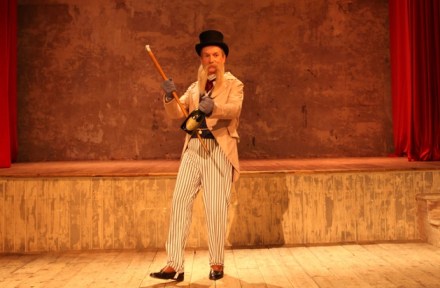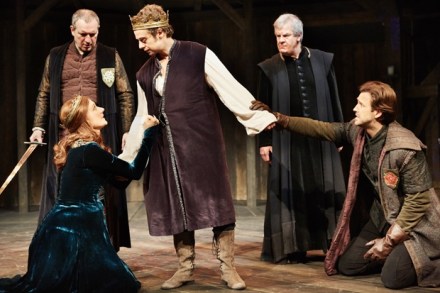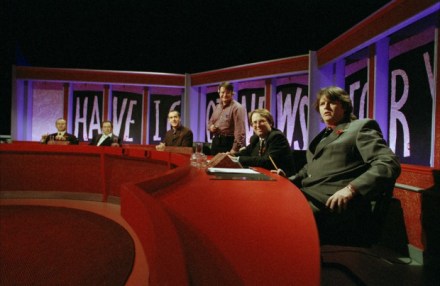Absolutely Fabulous
Absolutely Fabulous, which is about to make its cinema debut, is a comedy about women being useless. I watched it obediently in the 1990s — mostly for the clothes — and realise now, with more jaded eyes, that I was invited to laugh only at female failure. Failure is not a bad subject for comedy — it is actually one of the best, as Edmund Blackadder and Alan Partridge and David Brent tell us — but Absolutely Fabulous is too unsophisticated to be funny, and comedy without wit is spite. Absolutely Fabulous is based on a single sketch from Dawn French and Jennifer Saunders who were, then, the only female
